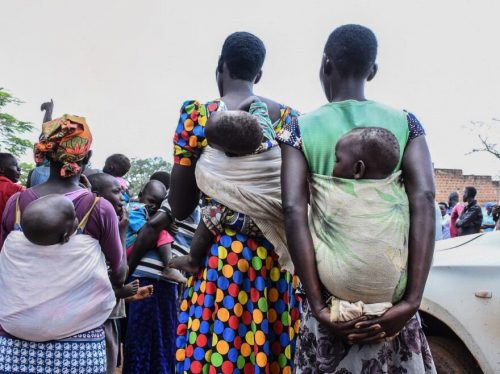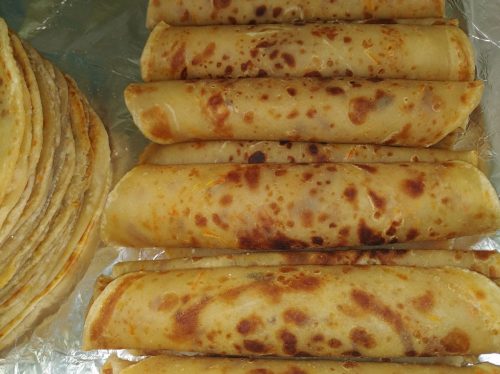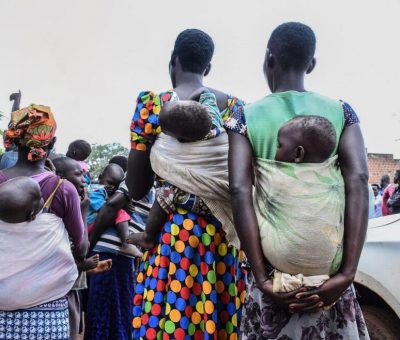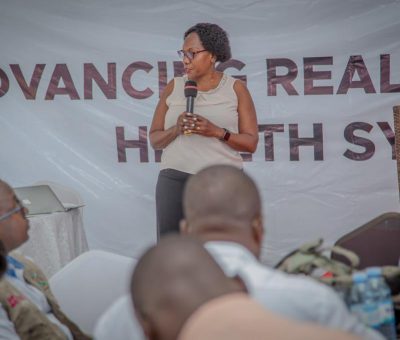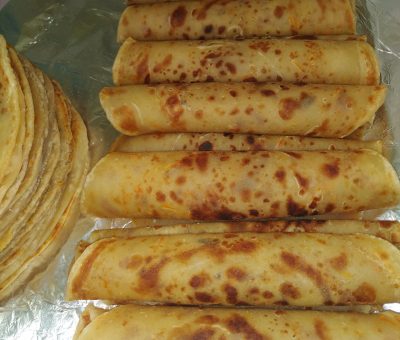Because of growing mushrooms, I am able to pay tuition for my Master’s degree
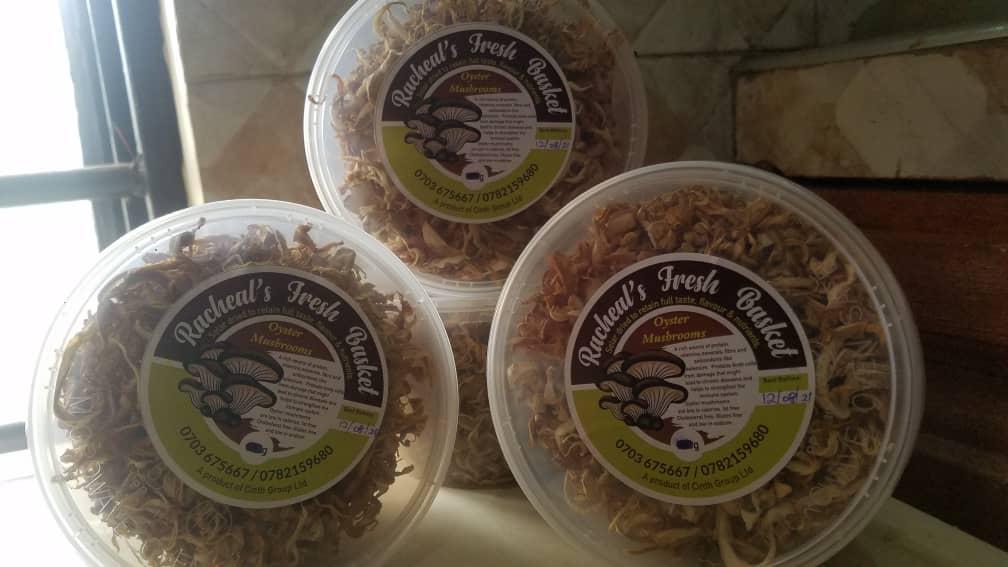
About 30% of youth who are institutionally qualified in Uganda are unable to find jobs. The situation is even worse for semiskilled and unskilled youth. Those who are lucky to find employment are paid meagre wages and most of them have to look elsewhere to fully survive.
Like many youth, Rachel Monica Achen, a psychologist by profession could not handle the stress of bills and living a mediocre life. She decided to start a side income generating business and opted for mushroom growing. She is the CEO of Cinth Group, which runs the product line Racheal’s Fresh Basket. Racheal’s Fresh Basket is an agribusiness that has been in operation for over a year. It provides organic ready to cook fresh and solar dried oyster mushrooms.
What inspired you to start mushroom growing?
During the first national lockdown to curb the spread of Covid-19, many young people lost their jobs. There was a need for alternative sources of income and quite a number of people had redundant backyards or family land that was not in use. The high demand for mushrooms from the local market also prompted me to start.
The venture was also created to inspire fellow young people to make use of limited resources to address under employment challenges by creating side sources of income and creating linkages to other farmers and farm produce buyer groups.
We believe that everyone deserves a nutrient packed meal at pocket friendly prices and that young farmers can be kept in business through capacity building on post harvest management and food value addition.
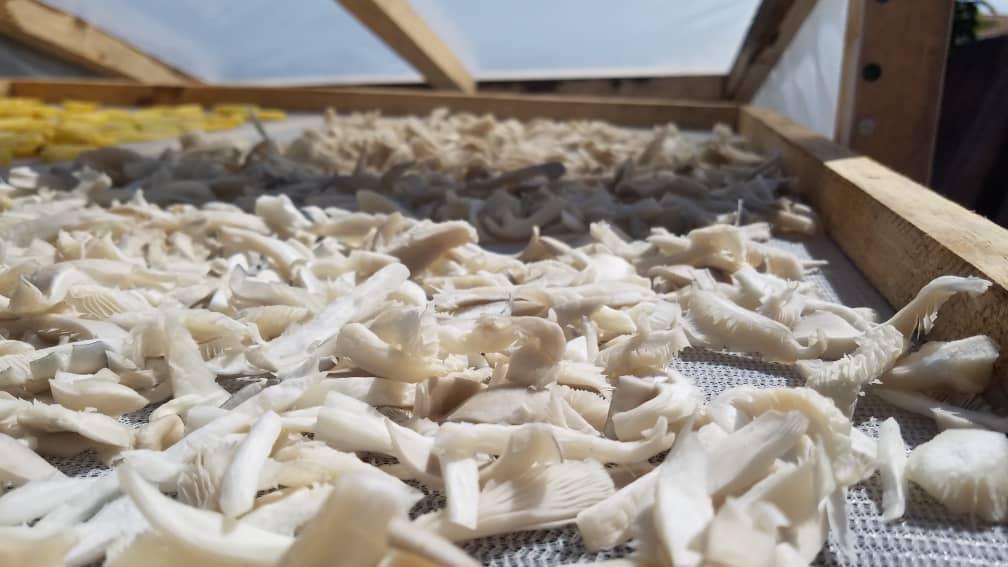
What is needed to start that kind of venture?
Initially, one needs to get adequate training on mushroom farming from key sector experts which happens after identification of space where a mushroom house structure can be set up. It should be divided into an incubation room and growing room or space as the needs are different for each stage of mushroom farming.
Next, is ensuring they have proper supply of either raw materials used for the making of mushroom gardens or suppliers of quality gardens. Then, ensuring that there is a steady supply of water (mushrooms rely heavily on moisture for growth) is very important. Lastly, sanitizing, weighting and eco- friendly packaging materials must be procured.
How much do you charge?
Racheal’s Fresh Basket sells each kilogram of fresh oyster mushrooms at 10,000 Uganda Shillings and 8,000 Uganda Shillings for a 100g tin or pouch of solar dried mushrooms. A delivery charge is also attached based on a client’s location.
How have you benefited from the venture?
First, my own nutritional needs have been met. Also, networking with other small holder farmers has led to the birth of a mushroom growers’ association to support training and marketing needs of the farmers. However, this is not spearheaded by Cinth Group.
I have also been able to earn an income which supports covering of all basic needs, other investments and tuition for a Master of Science program that I am currently undertaking.
What impact has your business had so far?
Racheal’s Fresh Basket has built an organic database of mushroom farmers and buyers where timely delivery of produce is made upon orders by linking the nearest available farmer to the buyer.
I have changed my peers’ perception towards work and agriculture. Those that have visited our grow house have been inspired to start after seeing how so much can be done in a very small backyard space.
Furthermore, the business has been able to provide employment to individuals from caretaking of the grow house to solar drying and delivery. I have been able to employ 5 women.
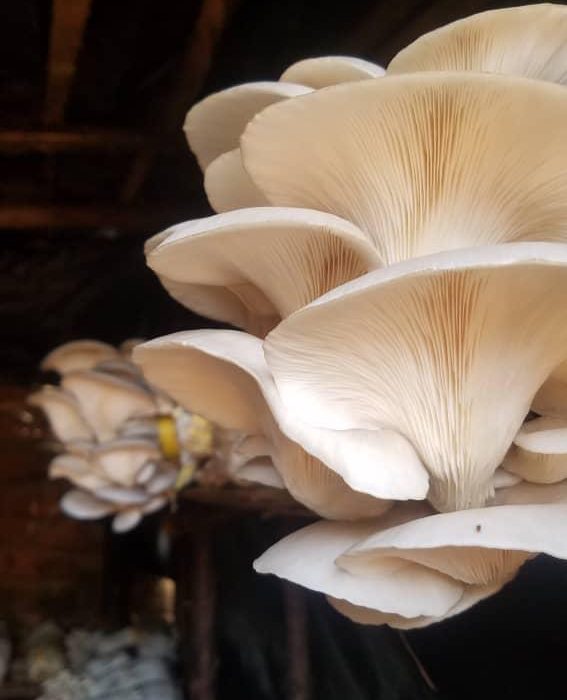
What challenges do you face?
Climate change continues to affect production with high temperatures calling for the use of more water to keep the grow house humid and cool. Also, the lack of advanced dryers affects the drying process during rainy seasons as our solar dryer relies on the presence of the sun.
The rising costs of fuel affect our delivery charges which are often an inconvenience to clients with the fact that the farm is located far out of the central Business District.
Finally, mushrooms are highly perishable and only have a week’s shelf life in a fridge (longer if frozen and solar dried). This means they need to be delivered to the customer as soon as possible.
What are your future plans?
We are constantly looking into value addition. Colleagues from Busitema University Arapai campus have already supported us with the process of mushroom sausage making, which is still under experimentation.
We also hope to venture into growing other types of mushrooms like the button mushrooms and have out growers of mushrooms. As the demand in the international market grows, we will need more farmers to help us bridge the supply gaps.
We hope that Racheal’s Fresh Basket can grow into an even better platform with skills training, agro tourism and a model post-harvest management agribusiness. We also plan to build a movement of young farmers and make farming an admirable venture for both main and side employment
How can we empower women, especially during Covid-19?
Women need hands-on skills such as mushroom growing that can earn them an income which makes them less susceptible to vices like gender-based violence from relying on handouts from men who later find ways of making them “pay back”. Skilling on entrepreneurial attitudes, branding and book keeping can help women manage their businesses better.
Every little step you take towards making your life better counts. Like every business, it won’t be a smooth journey, expect hiccups but stand firm and remain resilient in the face of adversity.




